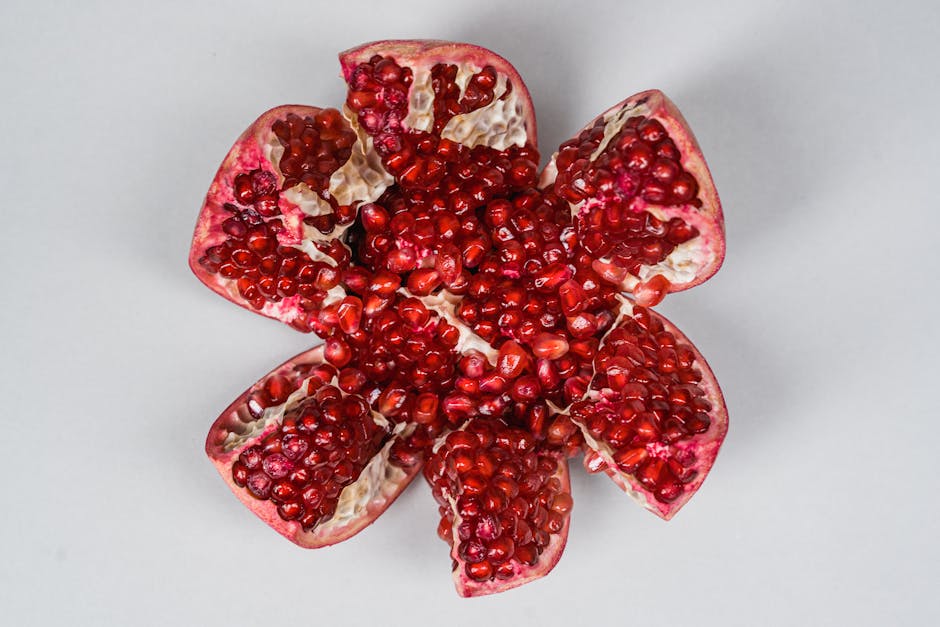The modern lifestyle often leaves us with limited time for substantial meals. Snacks, therefore, become crucial components of a balanced dietary approach. However, the sheer variety of snack options available can be overwhelming, tempting us towards processed foods packed with empty calories. This article will guide you through selecting snacks that not only satisfy your hunger but also contribute positively to your overall health and well-being.
Understanding Nutritional Needs: A Foundation for Snack Selection
Before diving into specific snack suggestions, it’s essential to consider individual nutritional requirements. Factors such as age, activity level, and health conditions play a vital role in determining suitable snack choices. For instance, adolescents undergoing growth spurts require snacks rich in protein and calcium, while active individuals need energy-boosting snacks with complex carbohydrates. Moreover, those with specific dietary restrictions, such as allergies or diabetes, require tailored snack options to ensure proper nutrient intake without compromising health.
Crucial Macronutrients and Micronutrients: Choosing Wisely
A well-rounded snack incorporates a balance of essential macronutrients proteins, carbohydrates, and healthy fats along with crucial micronutrients like vitamins and minerals. Proteins, primarily from sources like lean meats, beans, or nuts, promote satiety and support muscle repair. Complex carbohydrates, found in whole grains, fruits, and vegetables, provide sustained energy release. Healthy fats, such as those in avocados, nuts, and seeds, contribute to hormone production and nutrient absorption.
Prioritising Whole Foods Over Processed Alternatives
A cornerstone of healthy snacking is prioritizing whole foods over processed alternatives. Whole foods retain their natural nutrients and fiber, contributing to better digestion and overall health. Processed snacks, conversely, often contain excessive amounts of sugar, unhealthy fats, and artificial ingredients, which can negatively impact blood sugar levels and lead to weight gain. Emphasizing whole foods ensures a balanced nutritional intake while minimizing potential health risks.
Strategies for Smart Snack Selection
Beyond choosing wholesome ingredients, strategic snacking habits can significantly enhance the nutritional value of your choices. For instance, consider portion control, ensuring you’re not overindulging in any one snack. Pairing snacks that complement each other nutritionally can also be beneficial. For example, combining a handful of almonds with a piece of fruit provides a balanced combination of protein, healthy fats, and vitamins.
Sample Snack Ideas:
Nourishing Choices for Every Occasion
Here are a few examples of nourishing snack options, categorized for ease of reference:
Energy Boosters: These snacks provide a quick source of energy without significant sugar spikes.
* A handful of mixed nuts and seeds: Excellent source of protein and healthy fats.
* A small bowl of whole-grain cereal with low-fat milk: Provides complex carbohydrates and calcium.
* A piece of fruit with a small portion of Greek yogurt: Offers a combination of vitamins, minerals, and protein.
Sustaining Fuel: These options provide sustained energy release, perfect for longer periods between meals.
* A hard-boiled egg: Excellent source of protein, promoting satiety.
* A small apple with almond butter: Provides both fiber and healthy fats.
* A small serving of hummus with vegetables: A satisfying and nutritious option.
Soothing and Satisfying: These snacks can help to calm hunger pangs and provide comfort without relying on empty calories.
* A small serving of cottage cheese with berries: High in protein and calcium.
* A handful of dried fruit (in moderation): Provides natural sugars and some nutrients.
* A small portion of popcorn (air-popped): A whole grain snack with fiber.
Practical Tips for Successful Snacking:
Consistency, preparation, and mindful consumption can significantly enhance your snacking habits.
* Plan ahead: Create a list of healthy snacks and keep them readily available at home and in your workspace.
* Prepare portions in advance: Portioning snacks in advance prevents impulse choices and promotes portion control.
* Listen to your body: Pay attention to your hunger cues and eat when you’re genuinely hungry.
* Avoid snacking while distracted: Focus on the flavour and texture of your snack for optimal enjoyment.
Snacking as an Opportunity for Nourishment
By thoughtfully selecting and incorporating healthy snacks into your daily routine, you can bridge the gaps between meals, maintain a healthy energy level, and support your overall well-being. Healthy snacking is not about deprivation; instead, it’s about making informed choices that nourish your body and fuel your lifestyle. Embracing mindful snacking empowers you to take control of your dietary habits and cultivate a healthier relationship with food. Remember, the key lies in making conscious decisions that support your unique needs and preferences.
